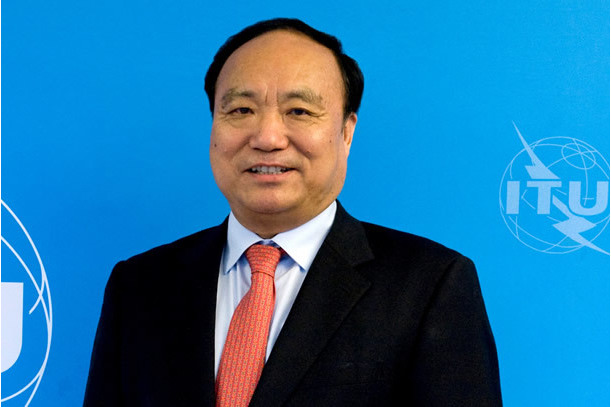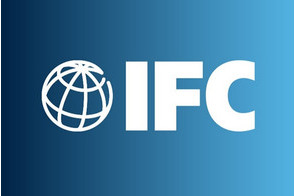Latest News
ITU study estimates cost of connecting remaining 3bn people to internet

News Highlight
Out of a population of 1.3 billion in Africa, over 933 million people were offline as of last year.
A new study by the International Telecommunications Union (ITU) has estimated the investment needed to achieve universal, affordable broadband connectivity for all humanity by 2030. The study, released on Thursday by the specialised agency of the United Nations, shows that nearly $428 billion is required to connect the remaining 3 billion people aged 10 years and above to broadband internet by the end of this decade.
The study, titled Connecting Humanity – Assessing investment needs of connecting humanity to the Internet by 2030, was published 10 months after an earlier ITU report published in November 2019 showed sub-Saharan Africa (SSA) as the world's region with the lowest number of individuals with internet connection. According to the earlier report, out of a population of 1.3 billion in Africa, over 933 million people were offline as of last year.
ITU said Europe is the region with the highest internet use (82.5 per cent), while Africa is the region with the lowest (28.2 per cent). According to the agency's latest report, over 12 per cent of the global unconnected population live in remote, rural locations and most of them are in Africa and South Asia. Underscoring the digital divide in these world regions, the report said nearly half of the required radio access network (RAN) infrastructure investment in SSA, South Asia and East Asia will be greenfield, whereas bridging the connectivity gap in the other regions of the world will only require upgrading existing coverage and capacity sites.
"Meeting the investment necessary to bring every person online by the end of this decade will require an unprecedented and concerted effort from the public and private sectors," said ITU Secretary-General Houlin Zhao. "The new Connecting Humanity study led by ITU is the much-needed roadmap that will guide decision-makers on the journey towards accessible, affordable, reliable, and safe digital technologies and services for all."
According to ITU, information and communication technologies (ICTs) can help accelerate progress towards every single one of the 17 UN Sustainable Development Goals (SDGs). In particular, SDG 9 states the need to build resilient infrastructure, promote inclusive and sustainable industrialisation and foster innovation. The UN agency said assessing investment requirements to reach affordable universal connectivity is important to any country concerned with their ability to achieve the SDGs.
The new ITU study examines costs associated with infrastructure needs, enabling policy and regulatory frameworks, and basic digital skills and local content at both the global and regional levels. The report also assesses how to mobilise the unprecedented levels of financing needed to extend networks to unserved communities.
"While this is an ambitious aim, it is in no way an unachievable one," said Doreen Bogdan-Martin, Director of the ITU Telecommunication Development Bureau.
The report also identifies how the current COVID-19 pandemic has exposed different types of inequalities within and across countries and regions, including those related to quality of access, affordability and use of the internet. With so many essential services pushed online, ITU said there is a real and present danger that those without broadband Internet access could be left ever further behind.
The study also highlights the gender digital divide across the globe, whereby more men than women use the Internet: only 48 per cent of women as opposed to 58 per cent of men.
Related News
Latest Blogs
- CBN is fighting inflation instead of stagflation
- Why electricity privatization failed (2)
- How net metering can boost embedded power generation
- Adaora Umeoji and gender in Nigerian banking leadership
- Is protest an endangered human right of Nigerians?
Most Popular News
- IFC, partners back Indorama in Nigeria with $1.25 billion for fertiliser export
- Ali Pate to deliver keynote speech at NDFF 2024 Conference
- Univercells signs MoU with FG on biopharmaceutical development in Nigeria
- CBN settles backlog of foreign exchange obligations
- CBN increases capital requirements of banks, gives 24 months for compliance
- Euromonitor forecasts Sub-Saharan Africa GDP to grow to $4.5trn by 2040






